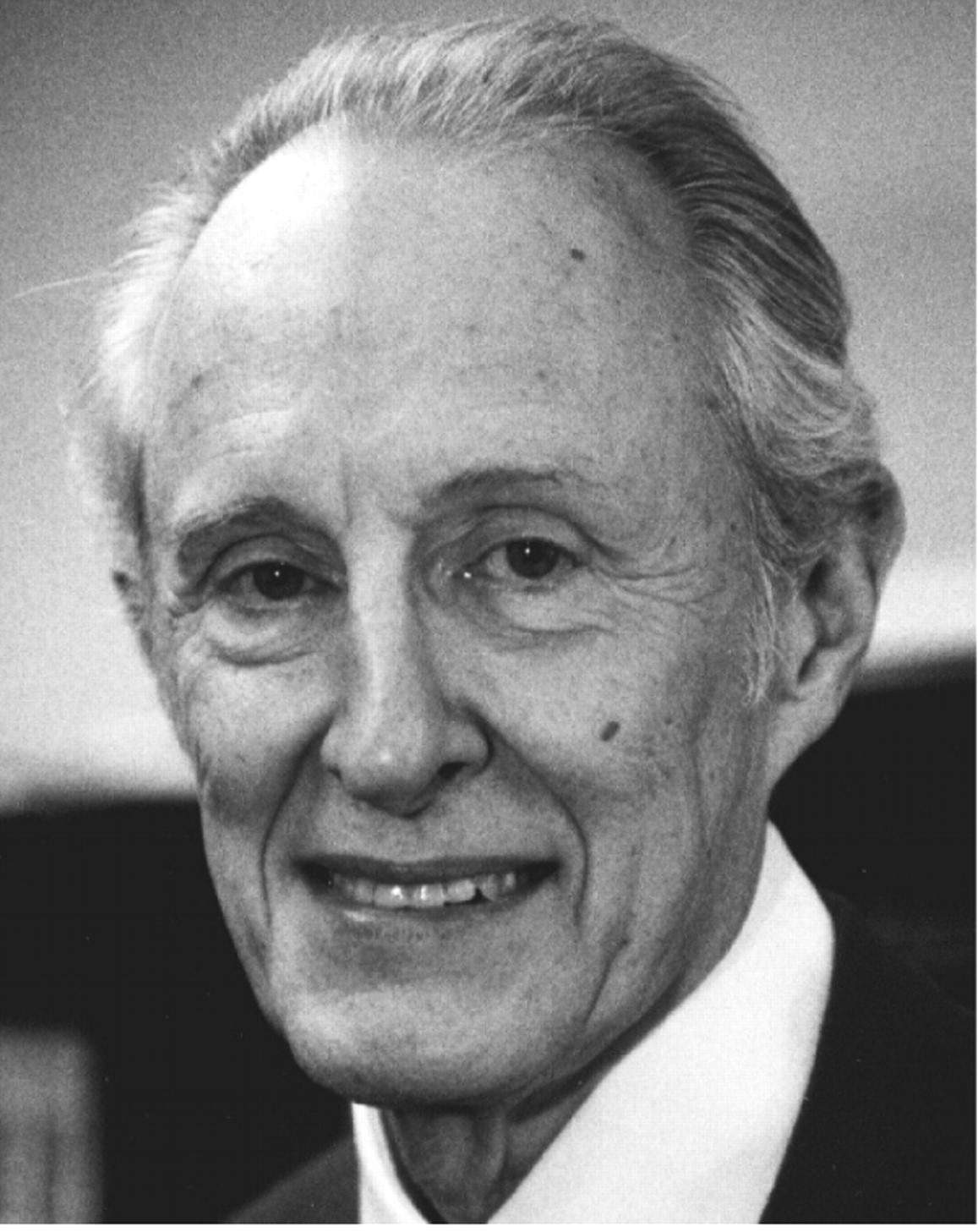CANDIDATE FOR PRESIDENT-ELECT
Distinguished Fellow

Chief Psychiatrist, Montgomery County, Md., 2001- ♦ Clinical Professor, George Washington ♦ Member, APA Board of Trustees, 1986-87, 1989-92, and 2001- ♦ Assembly, 1975- ♦ Speaker, 1986-87 ♦ Washington Psychiatric Society, Board of Directors, 1974- ♦ DSM-III work groups, 1975-80 ♦ DSM-III-R Task Force, 1983-87 ♦ DSM-IV Task Force, 1989-1994 ♦ DSM-V Task Force, 2007- ♦ Co-author, Clinical Manual of Supportive Psychotherapy
Will it make any difference if I am elected? Yes, it will. During a Peele presidency:
APA will expand membership involvement. Doing more with less will be the major test for the 2010-11 president. No matter what happens to the U.S. economy, APA's revenues will decline in the near future. Some suggest that the budgetary challenge be met by decreasing member involvement. We must do the opposite. I will ask district branches and allied organizations to alert me to members willing to volunteer their knowledge and skills to help APA. Furthermore, increasing volunteers and allied organization ties, associated with bottom-up governance, will make APA more democratic. | |||||
APA's clinical publications will be more current. Presidents have discretionary funds. Candidates for president-elect should be telling voters how they will use those funds. I will use those funds to keep our guidelines current. Our guidelines are old. This must change. An example of increased volunteerism: Since the Delirium Guide was developed, 1999, there have been over 4,000 publications about delirium. We should ask the Academy of Psychosomatic Medicine to keep that guide current so that the clinician can swim, not drown, in the vast scientific literature. APA was founded 164 years ago to explicate, to promulgate, and to advocate for the needs of people with psychiatric disorders. We all want greater advocacy. The degree to which we are seen as authoritative is the degree to which our advocacy is potent. To be authoritative, we must be current. | |||||
The Board will function for the full year of my presidency. Under the current system, the first substantial Board meeting is in July, and the final substantial one is in March. During my presidency, the first substantial Board meeting will be in May 2010, and the final substantial Board meeting will be in May 2011. To save resources, there will be fewer face-to-face meetings and greater use of modern technology to assure timely, well-considered Board decisions. | |||||
All candidates favor nondiscrimination, confidentiality, limiting prescribing to physicians, and fair reimbursement for psychiatric treatments, etc. For my statement to focus on policy positions, however, would show an ignorance as to the role of APA presidents. Presidents do not decide policy except under rare circumstances: when the Board vote is tied. The Assembly and Board decide policy.
Instead of setting policy, the president oversees the governance process, sets priorities, and addresses communications daily from the media and policymakers. I have a proven record of success as an advocate and spokesman at high levels of government and the media. I am experienced with the media and have dealt many times with members of Congress and top-level government officials. Over the years, I have been on all four major networks and handled inquiries from the New York Times and the Washington Post. I have testified before Congressional committees (including testimony which helped obtain $65 million in capital expenditures for St. Elizabeths), before the FDA (about misuse of“ suicidality”), and before Rep. Patrick Kennedy's subcommittee with Steve Sharfstein and Harold Eist about the need for nondiscrimination in health insurance plans. I have received a phone call from a U.S. president, while he was on Air Force One, and successfully dissuaded him from an action he wanted to take that, clinically, would have poorly served a patient.
APA members should be fully informed about candidates for president-elect. My record and my stances are laid out in detail on my Web site, including fuller personal disclosures than ever seen in APA elections, at<http://rogerpeele.com/apa_activities.asp>.
Primary Professional Activities and Sources of Income
Professional Activities
95%—County government
75%—Clinical
10%—Administration
5%—Teaching
5%—Health care policies
5%—Psychiatrist at a low-income primary care clinic; all clinical
Income
100%—County government ($164,000 plus about $30,000 in benefits) income



